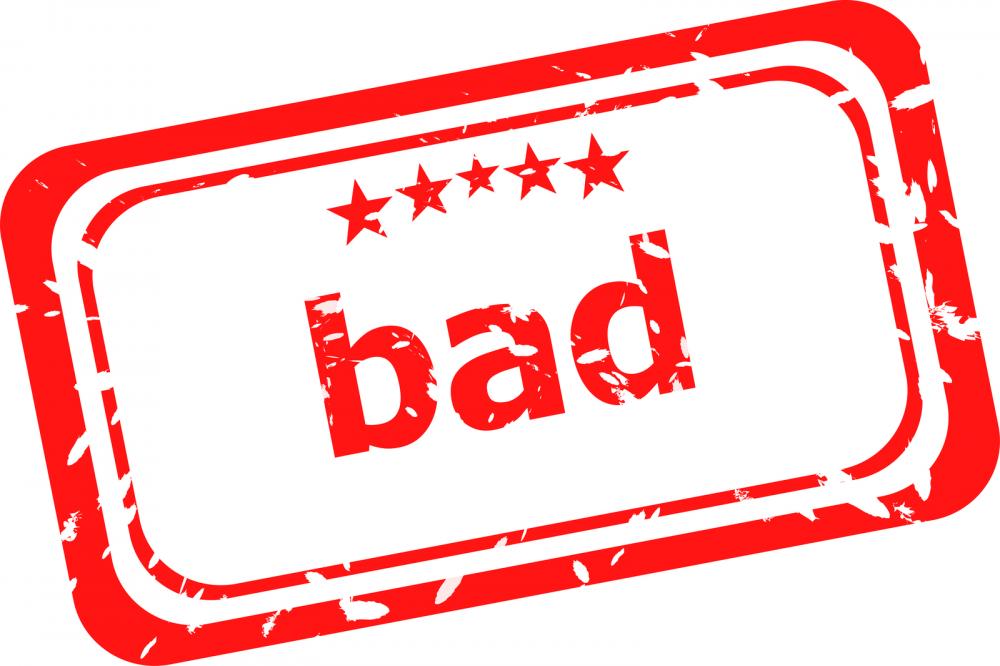My Babbel and Duolingo Language Learning Update
 As readers of previous posts know, I am currently learning Dutch. As GamesforLanguage doesn't have a Dutch course yet, I'm using the Dutch courses of Duolingo and Babbel.
As readers of previous posts know, I am currently learning Dutch. As GamesforLanguage doesn't have a Dutch course yet, I'm using the Dutch courses of Duolingo and Babbel.
I have reached Level 11 and accumulated over 3500 points with Duolingo and am nearing the end of the course. In three weeks, by the end of my 3-month subscription, I'll have Babbel's Beginner Course 4 done as well, and thereby completed a total of 87 lessons and likely several of the Grammar and Extra section lessons.
While my comprehension skills have clearly improved (my principal goal), my speaking attempts with my wife (who speaks Dutch fluently) have just begun and are less successful. Although I now spend about an hour every day with these two programs, and Dutch has many similarities to my native German, I feel that my progress is slower than it should be.
However, using both programs in parallel also gives me a good opportunity to compare them. And here is my take on – the good, the bad, and the frustrating.
The Good
 Duolingo - My strongest motivation to continue with Duolingo each day is that I don't want to lose my “Streak” (currently standing at 255 days). Having acquired this daily “Duolingo habit” (now just 1-2 lessons per day) has also made it quite easy to follow up with several lessons on Babbel.
Duolingo - My strongest motivation to continue with Duolingo each day is that I don't want to lose my “Streak” (currently standing at 255 days). Having acquired this daily “Duolingo habit” (now just 1-2 lessons per day) has also made it quite easy to follow up with several lessons on Babbel.
I also like the standard Duolingo lesson setup, which lets me study the 7-8 new words of each lesson for a minute before I start. In many cases I can figure out the meaning from their Germanic roots.
Translating the words and sentences then seems quite easy. A feature that works well for me is the sentence dictation: "Type what you hear." Also, I like it that Duolingo has found a way to often accept a spelling error, as well as (limited) alternate translations.
Having you redo any sentences with errors towards the end of a lesson is a good move by Duolingo and enhances learning.
Babbel – I like how Babbel first teaches you the 4-8 new words or expressions: you hear them, see pictures and spellings, and then have to complete sentences with them by using the scrambled letters of each word. The grammar explanations are also very well done, accompanied with simple examples and exercises that let you understand the grammar points.
What I like most, however, are the short stories or dialogs at the end of most lessons. They require me to fill in the words that I learned in the current or in previous lessons. Not only do these sentences make sense, but they also let me hear and see words and expressions that I don't yet know (but may remember for later).
The Bad
 Duolingo – I really don't like translating a Dutch sentence into English by typing the English sentence. I feel that I'm wasting my time as I'm not spelling Dutch. I do understand that it's important to translate from Dutch to English translation to fully understand the meaning. However, I find it faster and more practical to get the translation by clicking on the given English words.
Duolingo – I really don't like translating a Dutch sentence into English by typing the English sentence. I feel that I'm wasting my time as I'm not spelling Dutch. I do understand that it's important to translate from Dutch to English translation to fully understand the meaning. However, I find it faster and more practical to get the translation by clicking on the given English words.
But, what I probably dislike the most, are the nonsensical sentences that come up from time to time. I will never have to use, for example, "mijn neushoorn is een manntje" (my rhinoceros is a male) or "de eenden lezen" (the ducks are reading). A close second is that in a lesson most sentences are totally unrelated and that I therefore forget them quite easily.
Babbel – While there are no parts with Babbel that I dislike quite as much, there are a few features that I find frustrating, as described below.
The Frustrating
 Duolingo - I certainly understand that it's difficult to create a program without any glitches. (We are also fighting those in our Gamesforlanguage courses and Quick Games). I find it frustrating, however, that at times the given translation in a word look-up is then not accepted for the translation itself.
Duolingo - I certainly understand that it's difficult to create a program without any glitches. (We are also fighting those in our Gamesforlanguage courses and Quick Games). I find it frustrating, however, that at times the given translation in a word look-up is then not accepted for the translation itself.
I also find it frustrating that the Duolingo app does not give you any grammar information (at least I have not found it), the way you can get grammar help online on a laptop.
Also, the exercises "How do you say ..." and "Tap the pairs" often ignore the gender or number of a noun, or the form or tense of a verb. At times, the correlations are even downright weird.
Babbel - Different from Duolingo, any spelling error during a translation or dictation results in a mistake. You don't have a second try. Moreover, there is only ONE accepted correct translation, which can also be frustrating at times. (This is a technical issue that we can appreciate in our courses as well!)
When I can't remember a word during “fill-in” exercises when using the iPad app, I sometimes wish for a clue, maybe a first letter, etc. (The online/laptop version gives scrambled letters with the “Help” function.)
A final beef that I have with Babbel is the voice recognition feature on the app. It sometimes takes me multiple tries to get the program to accept my pronunciation. My best solution has been to turn this feature off.
100 hours
I originally started learning Dutch mainly to understand Dutch conversations at my wife's family reunion in the Netherlands later this month. Starting with 1 Duolingo lesson per day in January 2015, then increasing it to 1-2 lessons per day in May, I added the 3-month Dutch Babbel course in early June.
Adding up the time that I spent on all lessons to date, I arrive at a little less than 100 hours. While this still seems quite a bit of time, it also is clearly not enough to become fluent in a language (not even to speak about mastery...)
I am encouraged, however, that when my wife speaks Dutch with me these days, I'll understand most of it – although my responses are still halting and incomplete. We are now making an effort to speak as much Dutch as we can during the day. I'm curious to find out when that is going to make a significant difference in my fluency.
Bio: Peter Rettig is the co-founder of Gamesforlanguage.com. He is a lifelong language learner, growing up in Austria, Germany, and Switzerland. You can follow him on Facebook, Twitter and Instagram, and leave any comments with contact.
Disclosure: Gamesforlanguage.com has no business relationship with Babbel.com other than for its founders having purchased a 1-year subscription to the Spanish course and a 3-month subscription to the Dutch course. No business relationship exists either with Duolingo, except GamesforLanguage's founders are learning several languages with its free courses. See our Privacy Policy and Terms of Use for further details.
